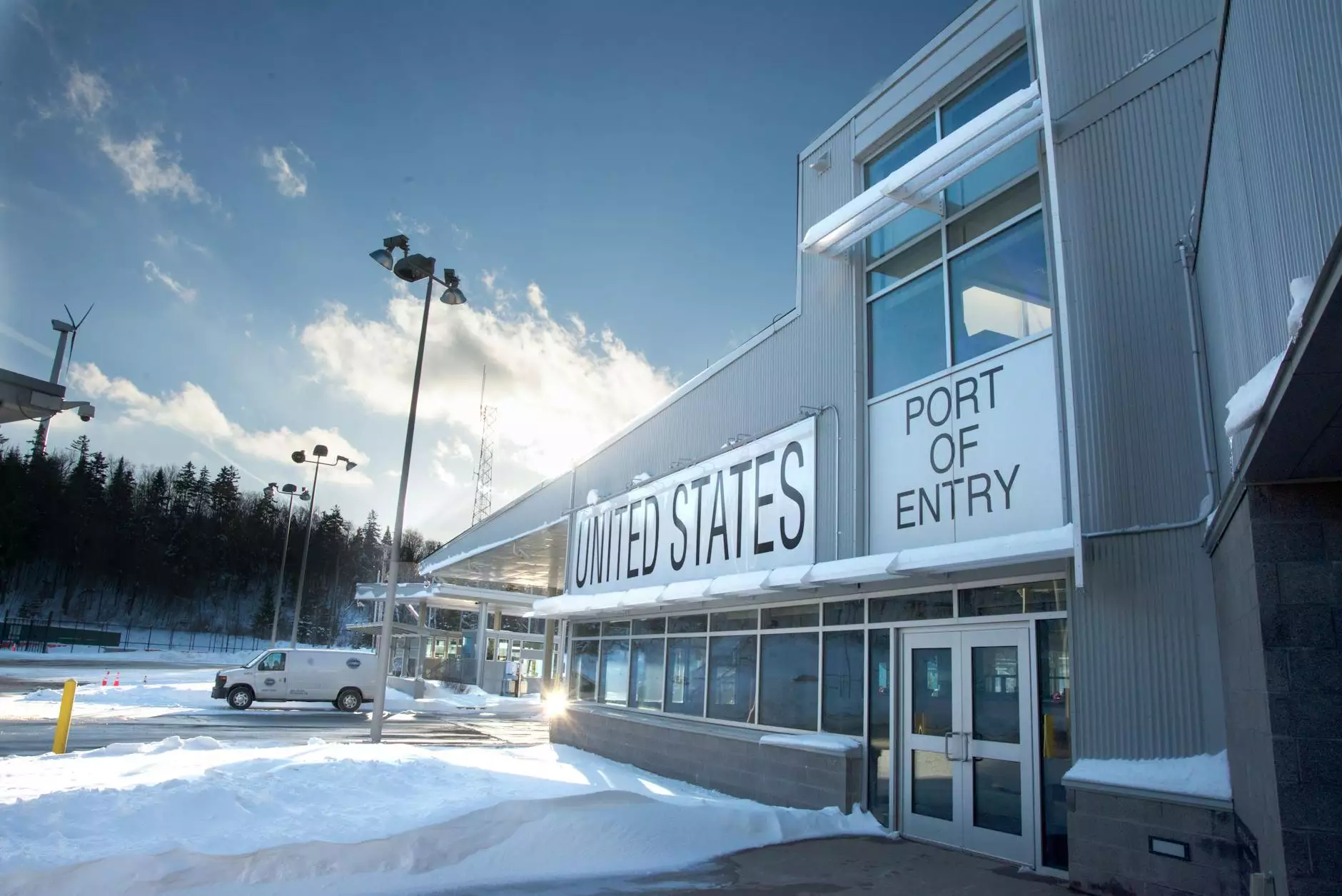Summary of SBA Loan Programs under the CARES Act

Introduction
Welcome to Richardson Law Firm PC, where we strive to provide comprehensive legal services for individuals and businesses. In this article, we will discuss the summary of SBA loan programs under the CARES Act, which aims to assist small businesses during the challenging times caused by the COVID-19 pandemic.
The CARES Act and Small Business Support
The Coronavirus Aid, Relief, and Economic Security (CARES) Act is a federal legislation passed in March 2020 to provide financial assistance to individuals, families, and businesses affected by the pandemic. As part of the CARES Act, the Small Business Administration (SBA) introduced various loan programs to support small businesses and ensure their survival during this economic downturn.
Economic Injury Disaster Loan (EIDL)
One of the primary loan programs under the CARES Act is the Economic Injury Disaster Loan (EIDL). This loan program offers low-interest loans to small businesses, including sole proprietors and independent contractors, to cover economic losses caused by the pandemic. With an EIDL, businesses can receive financial support to cover essential expenses such as payroll, rent, and utilities.
Eligibility
To be eligible for EIDL, businesses must have less than 500 employees and demonstrate a significant economic injury due to the pandemic. The application process is streamlined and can be done directly through the SBA's website. Applicants will need to provide relevant financial documentation to support their loan request.
Loan Amount and Terms
The loan amount for EIDL can be up to $2 million, depending on the economic injury suffered by the business. The interest rates are favorable and can be as low as 3.75% for businesses and 2.75% for non-profit organizations. The repayment period can extend up to 30 years, ensuring flexibility for businesses to repay the loan.
Paycheck Protection Program (PPP)
Another vital SBA loan program introduced under the CARES Act is the Paycheck Protection Program (PPP). This program focuses on providing small businesses with funds to retain their employees and cover essential payroll expenses, thus preventing significant job losses.
Eligibility
The PPP is available to businesses with fewer than 500 employees, including sole proprietors and self-employed individuals. An important criterion for eligibility is that the business must demonstrate a need for the loan to support ongoing operations and retain employees. Additionally, certain industries may have specific requirements to qualify for the program.
Loan Amount and Forgiveness
Under the PPP, businesses can apply for loans up to 2.5 times their average monthly payroll costs, subject to a maximum loan amount of $10 million. The loans can be fully or partially forgiven if the funds are used for eligible expenses such as payroll, rent, utilities, and certain operational costs. It is important to follow the guidelines provided by the SBA to ensure eligibility for loan forgiveness.
Other SBA Loan Programs
In addition to the EIDL and PPP, the SBA offers various other loan programs to assist small businesses. These include the SBA Express Bridge Loans, SBA Debt Relief, and SBA Microloans. Each program has its own eligibility criteria, loan terms, and benefits. It is important to consult with legal professionals, such as Richardson Law Firm PC, to determine the best loan program for your specific circumstances.
Contact Richardson Law Firm PC for Assistance
If you are a small business owner looking for guidance on SBA loan programs under the CARES Act, Richardson Law Firm PC is here to help. Our experienced legal team can provide comprehensive assistance in understanding the options available to you, ensuring compliance with SBA guidelines, and facilitating the loan application process. Contact us today for a consultation!










